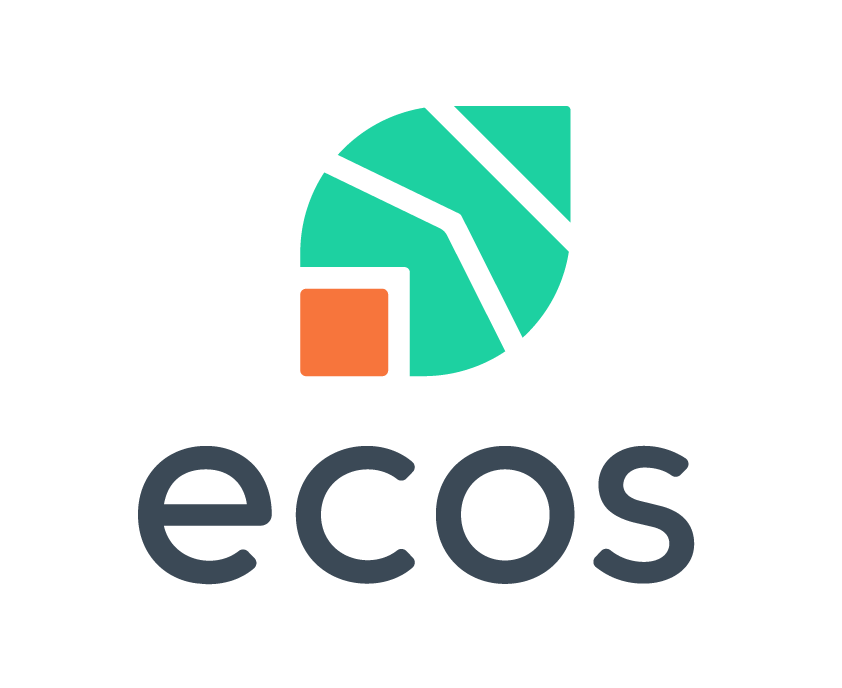NGOs call on EU to urgently address microplastics unintentionally released into the environment
The clock is ticking. NGOs reiterate urgent call for EU legislative proposal addressing microplastics from tyres, paints, geosynthetics and textiles as well as pellets in a letter to Commission President Ursula von der Leyen
Dear President von der Leyen:
During your 2019 to 2024 Presidency, the EU has made important progress on a variety of environmental priorities. We, the nine undersigned non-governmental organisations, now write to urge you to deliver on your vision to curb microplastic pollution in the European Union and cement your legacy as a global leader in tackling plastic pollution – and microplastic pollution, specifically – with decisive action in the next few months. This would firmly set the EU on the path to meeting its ambitious target of a 30% reduction in microplastic pollution by 2030, as set out in the Zero Pollution Action Plan.
If no action is taken, direct emissions of microplastics to the marine environment are expected to more than double globally in the next twenty years from a 2016 baseline. In high-income economies such as the EU, pollution from these microplastic sources is estimated to exceed that from macro-plastics such as single-use plastics and packaging. The scientific evidence on the impacts of microplastics is overwhelming, with studies demonstrating their contribution to pollution and harm to human health and ecosystems.
Given the magnitude of microplastic pollution, we commend the Commission for making strides towards curbing the release of microplastics into the environment. The recent adoption of the European Commission’s proposal on the restriction of intentionally-added microplastics by the REACH Committee is a step in the right direction and aligns with the European Chemicals Agency’s findings that microplastics pose an inadequately controlled risk to the environment.
Nevertheless, microplastics unintentionally released from paints, tyres, pellets, and textiles still require urgent attention: these sources represent the vast majority of microplastic emissions to the environment. We are encouraged to see progress on legislative initiatives to curb emissions from tyres and textiles through Euro 7 and the EU strategy for sustainable and circular textiles, respectively, and see the potential for the Ecodesign for Sustainable Products Regulation to cover sources such as paint, tyres, geosynthetics and textiles. However, after years of delays, we are yet to see the release of a dedicated proposal to reduce microplastic emissions from the aforementioned sources and tackle the release of pellets – the third largest source of microplastic emissions in Europe.
Pellet loss occurs at every stage of the supply chain, yet loss and spills are preventable by implementing low-cost pellet handling best practices. Since 1991, the plastics industry has derived a set of best practice measures known as Operation Clean Sweep (OCS). However, OCS is a voluntary scheme with a lack of monitoring, compliance, and enforcement mechanisms. Further, only approximately 5% of the European plastics industry has committed to OCS.
Meanwhile, pellet pollution continues to plague Member States. A study funded by the European Commission estimates that 167,431 tonnes of pellets may be lost to the environment in Europe per year. Tackling pellet pollution is clearly high on the agenda for Member States. In 2021, the OSPAR contracting parties adopted Recommendation 2021/06, emphasising the need to develop and implement pellet loss prevention standards and certification schemes based on best practices, aiming to prevent or significantly reduce plastic pellet loss across the entire supply chain. In a call for ambitious measures, five Member States underscored the need for precautionary measures at the EU level as “national and voluntary measures alone are not sufficient” and that “measures should be taken early in the lifecycle.”
What is needed now is mandatory, EU-wide legislation that obligates all pellet-handling companies to provide independent verification that pellet loss prevention measures have been implemented, maintained, and monitored for effectiveness. EU-wide action would eliminate this preventable source of microplastic pollution, ensure a level playing field for businesses of all sizes, and demonstrate global leadership in enacting decisive measures to address pellet loss. EU legislation can also serve as a blueprint for action on microplastic and pellet pollution in the ongoing negotiations to develop a legally binding instrument on plastic pollution.
In conclusion, we urge the European Commission to prioritise the swift release of this crucial proposal, which is vital for delivering the 30% microplastic pollution reduction target, advancing the objectives of the Green Deal before the end of this legislative mandate in 2024, and strengthening Europe’s position as a global leader in addressing plastic pollution.
Yours sincerely,
Environmental Coalition on Standards: ECOS






